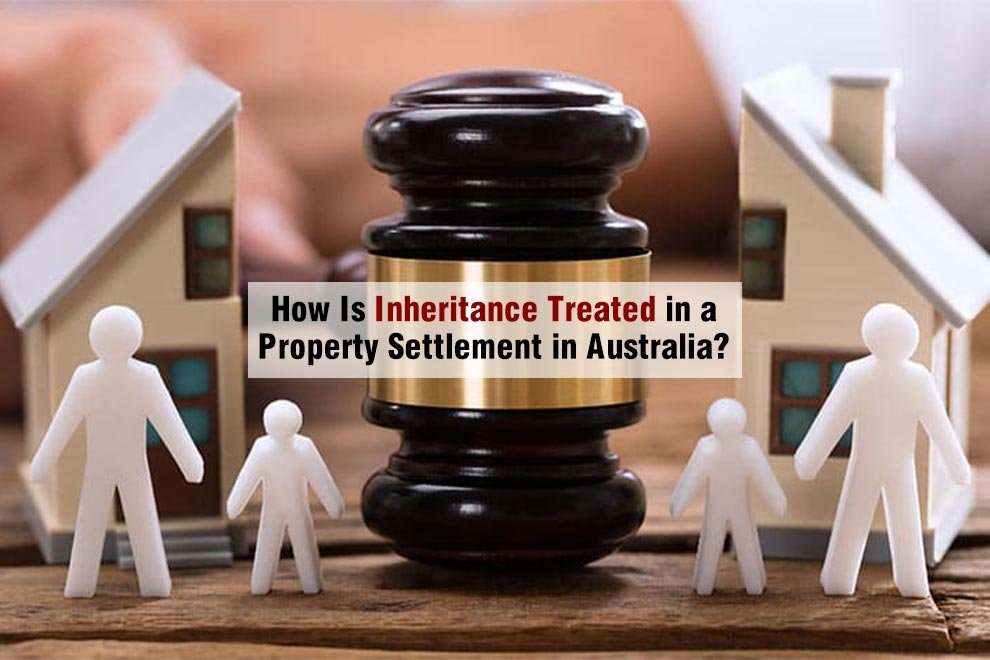What Happens to Your Inheritance During a Property Settlement?
Inheritance and property settlements can feel as tangled as a ball of yarn in a kitten’s paws. One moment, you think your inheritance is untouchable, and the next, it’s potentially up for division during a relationship breakdown. Seeking Hobart family law advice can help you understand how your inheritance fits into the larger picture of Australian property settlements and, more importantly, how to protect it.
What You Need to Know About Inheritance in Property Settlements:
- Timing Matters: Inheritance received before, during, or after a relationship is treated differently.
- It’s Often Included: Inheritance is typically considered part of the property pool.
- Contributions Count: How the inheritance was used (or not used) during the relationship can affect its treatment.
- Safeguarding Is Key: Legal strategies, like financial agreements, can help protect your inheritance.
- Professional Advice is Essential: Family law can be complex, so it’s wise to consult a lawyer.
What Is a Property Settlement?
In Australia, a property settlement is the legal process of dividing assets, liabilities, and superannuation after a relationship breakdown. The aim is to ensure a “just and equitable” division, not necessarily an equal one.
The property pool includes everything you own together and separately—even that dusty guitar you swore you’d learn to play. Importantly, inheritance often finds its way into this pool, depending on its timing and use.
Is Inheritance Included in a Property Settlement?
The short answer: usually, yes. The long answer: it depends.
Timing Is Everything
- Before the Relationship: Inheritance received before the relationship generally holds less weight in the property pool, but its impact depends on whether it was mixed with joint assets.
- During the Relationship: Inheritance received is almost always included, significantly if it contributed to joint expenses, like buying a home or paying off debts.
- After Separation: Inheritance received after separation might still be considered, especially if the property pool isn’t enough to meet one party’s future needs.
Factors Courts Consider When Dividing Inheritance
Australian courts consider various factors when deciding how inheritance is treated during a property settlement. These include:
- Length of the Relationship: The longer the relationship, the more likely inheritance is treated as a shared asset.
- Contributions of Both Parties: Both financial (e.g., earning income) and non-financial (e.g., raising children) contributions are weighed.
- Future Needs: The court looks at age, health, earning capacity, and caregiving responsibilities.
Myths About Inheritance and Property Settlements
When it comes to inheritance in property settlements, myths abound. Let’s bust a few:
- “Inheritance is always excluded from property settlements.”
Nope. It’s often included, depending on timing and usage. - “If I spend the inheritance, it can’t be claimed by my ex.”
Spending it doesn’t make it disappear from the equation—it just changes how it’s treated. - “Inheritance received after separation is off-limits.”
Not necessarily. Courts can consider it significantly if it impacts financial fairness. - “Prenups automatically protect inheritance.”
While helpful, prenuptial agreements must meet strict legal standards to be enforceable.
Protecting Your Inheritance in Property Settlements
If you’d rather keep your inheritance out of the property pool, here’s what you can do:
- Create Binding Financial Agreements: These agreements (before, during, or after the relationship) can specify how inheritance will be treated.
- Keep Inheritance Separate: If you want to exclude inheritance, don’t mix it with joint funds or use it for joint expenses.
- Seek Legal Advice Early: The sooner you understand your rights, the better you can protect your assets.
Remember, an ounce of prevention is worth a pound of cure—or, in this case, potentially worth your inheritance.
Why Seek Legal Advice?
Inheritance and property settlements are complicated. What seems straightforward at first glance can unravel quickly without expert guidance. That’s why seeking advice on Hobart family law is critical. A good lawyer can:
- Assess your specific situation and advise on the likely outcomes.
- Help you safeguard your inheritance using legal tools.
- Represent you in negotiations or court to ensure a fair result.
Secure Your Future with Go To Court Family Lawyers
When emotions run high and finances are at stake, having expert guidance makes all the difference. Whether you want to protect your inheritance or ensure a fair property settlement, the Go To Court Hobart Family Lawyers team is here to help. Don’t leave your future to chance—contact them today for practical, personalised advice.
Also Read: Accrued Rent: A Critical Aspect of Commercial Property Leasing









